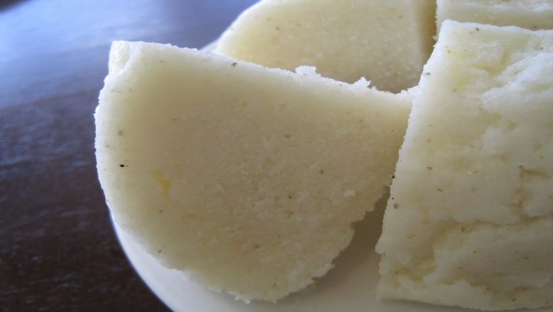×
The Standard e-Paper
Home To Bold Columnists

Sometime back, we ordered lunch in a restaurant. When the waiter turned to my girl and asked her if she, too, wanted ugali, she laughed. When the anxious waiter asked what was funny, she answered, to our amusement: “I am not daddy!”
Yes, like most youngsters whose parents can afford to give them a choice of what to eat, ugali is the last thing on the list. Of course in schools, ugali and githeri alternate on the table at lunch and dinner time, but we know well that it is a forced menu.